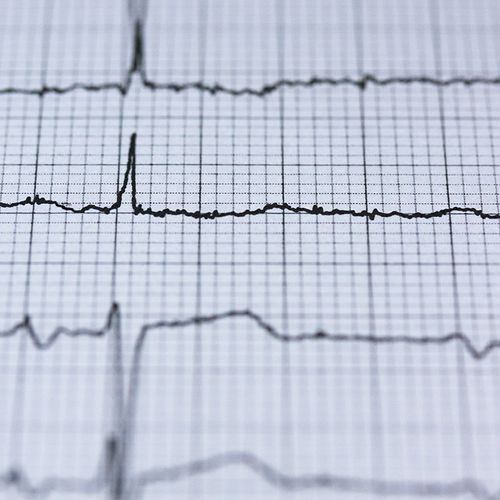Giving daily doses of a statin that lowers cholesterol and an ACE inhibitor (medication that lowers
blood pressure) to people at high risk for a heart attack or stroke reduced their incidence of these conditions by more than 60% in two years, researchers report.
People in the study all had diabetes or a history of cardiovascular disease, but the drug regimen probably could provide similar benefits to anyone vulnerable to cardiovascular trouble because of obesity, high blood pressure or simply age, said R. James Dudl, MD, diabetes clinic lead at the Kaiser Permanente Care Management Institute in Oakland, California, and lead author of a report in the American Journal of Managed Care.
The study was based on a model that assumed that high blood cholesterol and high blood pressure were each responsible for about 25% of cardiovascular risk, Dr. Dudl said.
"We hypothesized that while there were different mechanisms, the effects are additive," Dr. Dudl said. "Our model showed a potential 71% drop in cardiovascular risk."
Study Details
The study included 170,024 members of the Kaiser Permanente health plan in California, all ages 55 or older. They were divided into three groups: 21,292 who took the bundled drugs (the two drugs provided at a discounted cost) more than half the time during the two-year study, 47,262 who took the drug bundle less than half the time and 101,464 who took neither or just one drug during the study.
Their use of the medications was determined by monitoring their prescription refill records. Participants were also advised to take low-dose aspirin daily, but their use of that medication was not monitored for the study.
Study Results
After taking the drugs for two years, the rate of heart attacks and strokes in the next year was reduced by 26 per 1,000 people among those in the high-use group and 15 per 1,000 people in the middle-use group, compared with those in the no-use or just one drug group, the study found.
"This was accomplished by using three inexpensive, well-proven medications that don't have significant side effects," Dr. Dudl said.
The ACE inhibitor used in the study was lisinopril (Prinivil, Zestril), given at 20 milligrams (mg) a day, and the statin was lovastatin (Altoprev, Mevacor), given at 40 mg daily, but any combination of drugs in the two families could be used, Dr. Dudl said.
Implications
"We went for people with the highest risk, but the program could benefit anybody with atherosclerosis caused by any mechanism, particularly high blood pressure," explained Dr. Dudl. Atherosclerosis is the hardening of arteries that can lead to a heart attack, stroke or other cardiovascular problem.
Michael A. Blazing, MD, an associate professor of medicine and cardiology at Duke University, said that the study confirms in one large sweep what has been seen in smaller studies of individual preventive drug treatments.
"The key is bundling the drugs and the distribution system," Dr. Blazing said. "Much of the effect is due to getting the drugs to the population that needs them. What they are doing is validating the bits and pieces that have been shown in different studies in different ways. They are also validating the work that shows that individuals who stay on these drugs do better."
Dangerous Drug Still Sold in US
Meridia (chemical name sibutramine) has been banned in Europe because it can cause heart attacks and strokes in people with high blood pressure or heart disease, Meridia is still sold in the US, but it should not be used by people with a history of heart disease, stroke, irregular heartbeat, heart failure, peripheral artery disease or uncontrolled hypertension. Ask your doctor for details.
Dry Mouth Alert
About 91% of 483 dentists recently surveyed A said that patients complaining of dry mouth (xerostomia) often take prescription and over-the-counter (OTC) drugs—such as antidepressants, painkillers and antihistamines—that can cause the condition. Symptoms include stringy or foamy saliva and tongue irritation. Reduced saliva often leads to gum disease, tooth decay and even tooth loss.
If you suffer from dry mouth: Ask your doctor about switching to medications that don't cause dry mouth. Also avoid alcohol and caffeine...try an OTC saliva substitute (such as Biotene or Oasis)...and see your dentist twice a year.
